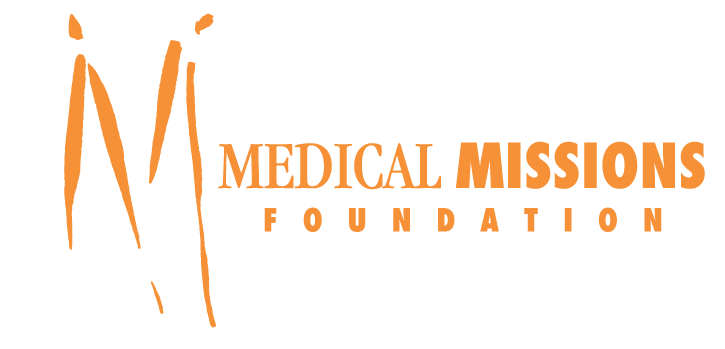India 2018 – A Father’s Advice
Growing up in Jabaleur, Pratibha Khare, MD, learned three key lessons from her father. The first: Education is vital. In 1934, her father earned his diploma in education after studying in England. “That’s why I’m educated,” says Pratibha, an anesthesiologist. “A lot of women at that time were not. He believed that if women are educated the country will prosper.” Lesson two: Don’t be greedy. “We always do for ourselves, but you should take care of other people,” she says. “That’s why we are in this world.” Lesson three: Care for your family. Always.
For Pratibha, those life-fueling lessons have merged together in Bhopal. Her husband, Narendra, a urologist, is serving on his first Medical Missions Foundation trip. Their niece, Nyana, is serving on her fourth mission (including two in Uganda). Nyana is handling scheduling while serving as a translator and comforter to patients. Together, the trio is helping the local community, working with eager students, and enjoying an emotional family experience.

Narendra, Nyana, and Pratibha.
“I told my uncle that I never thought I’d get the chance to work with him,” says Nyana. “Since my parents passed away, he’s really like my father. They call me every week to check on me and ask if I’m doing ok. They’re so full of love and generosity. They watch over me, and it’s such a mystic blessing to work with them.”
This moment would not be possible without Pratibha, who led the effort to create the program in Bhopal. After volunteering in Uganda and connecting with “the best people in my life,” she contacted Mahesh Dayaramani, a trustee of the Sewa Sadan Eye Hospital in Bhopal. The hospital and the Medical Missions Foundation board both approved her proposal in 2015. “It’s getting better and better here,” she says. “They didn’t use to do general surgery. But last year we did 134 operations—urology, plastics, and general surgery.”

“I’m lucky to have them in my life,” Nyana says of her uncle and aunt.
For Nyana, working in the busy hospital is a profound experience. “You’re part of changing someone’s life,” she says. “The patients come with sad faces, and suffering, and they leave with gratitude, hope, joy. You can see the change every day.”
Nyana saw this gratitude in a particularly desperate patient—a man who was jobless, homeless, and enduring a family conflict. “He’s all alone,” she says. “He told me he’s never gotten as much love and respect from another human being as he gets here. He said, ‘I’ve been kicked around, and because I’m homeless, people don’t even look in my direction. Here I’m treated as a human. I am treated with respect.’ I think that’s a basic human right. So they get a little love here, and someone to hold their hand and say, ‘You’re going to be alright.’”
Nyana is grateful, too—for the experience, for her colleagues, and for the love and support of her uncle and aunt.
“I’ve always heard that you can make the impossible possible,” she says. “I think this is where it happens.”
